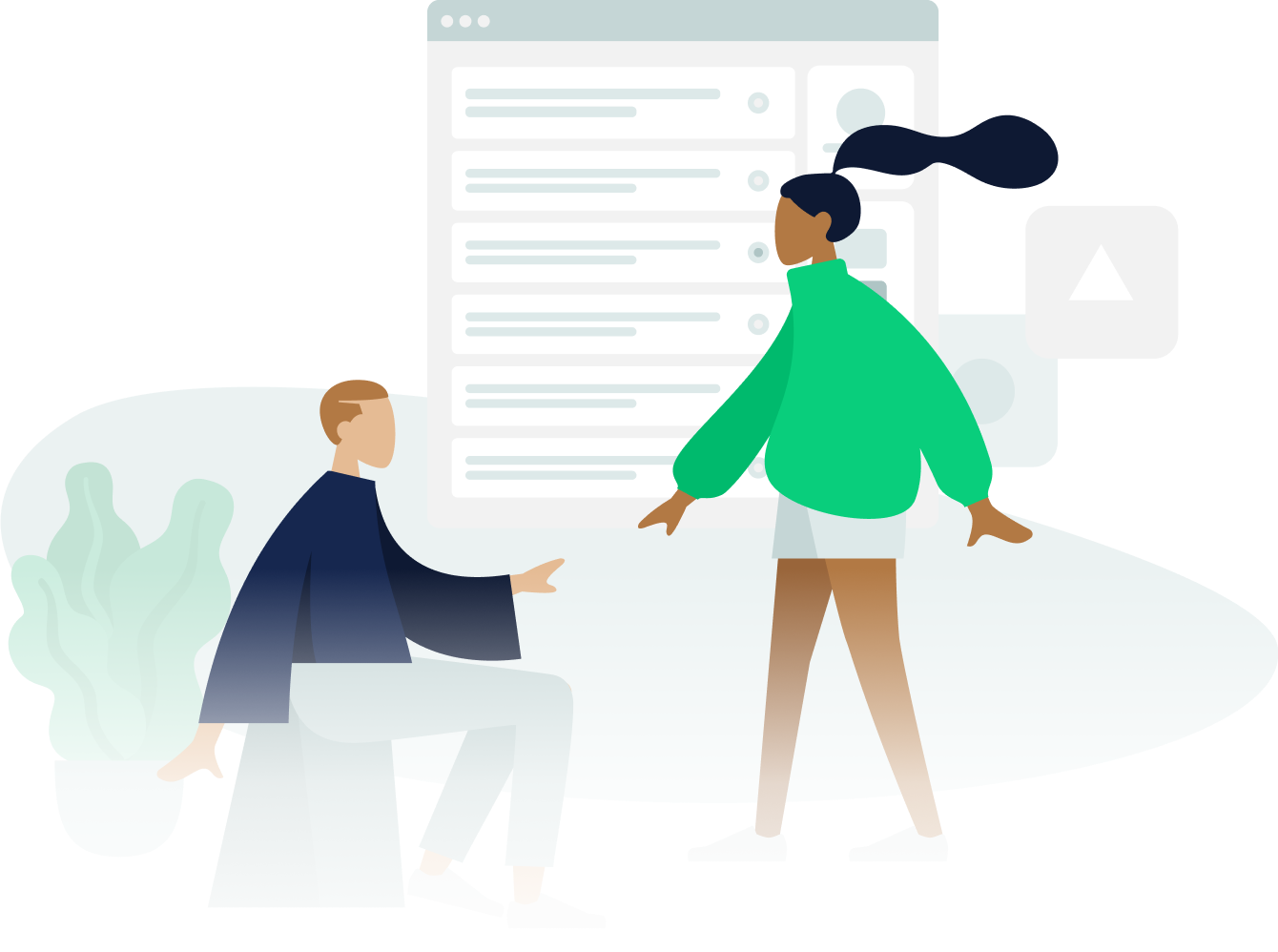
Here’s Marko’s
recommended
VPNs
We’ve handpicked our favorite VPNs and want to show you the key differences.

by
Marko Jovanovic
/
December 15, 2022
Advertiser Disclosure


| Editor’s Conclusion | Price & Terms | Licenses | # of Servers | Platforms | Kill Switch | Built-in Adblocker | Multihop/Double VPN | Malware Blocker | No Logs Policy | Dark Web Monitor | Dedicated IP | Jurisdiction | |
 |
9.6
|
12 month plan: $4.99/mo. Save 58% vs monthly plan of $11.99 30 day money-back guarantee |
6 Devices | 5,200+ servers 59 countries |
[1] |
Panama | |||||||
 |
9.3
|
12 month plan: $3.99/mo. Save 69% vs monthly plan of $12.95 30 day money-back guarantee |
Unlimited | 3,200+ servers 100 countries |
[1] |
[2] |
Netherlands | ||||||
 |
8.7
|
6 month plan: $6.99/mo. Save 46% vs monthly plan of $12.99 45 day money-back guarantee |
7 Devices | 9,700+ servers 91 countries |
[3] |
[3] |
[1] |
Romania | |||||
 |
8.3
|
12 month plan: $3.99/mo. Save 66% vs monthly plan of $11.99 30 day money-back guarantee |
Unlimited | 2,000+ servers 75+ locations |
[4] |
USA | |||||||
 |
8.0
|
12 month plan: $7.99/mo. Save 38% vs monthly plan of $12.99 45 day money-back guarantee |
10 Devices | 3,200+ servers 80+ countries |
USA | ||||||||
| Editor’s Conclusion | Price & Terms | Licenses | # of Servers | Platforms | Kill Switch | Built-in Adblocker | Multihop/Double VPN | Malware Blocker | No Logs Policy | Dark Web Monitor | Dedicated IP | Jurisdiction |